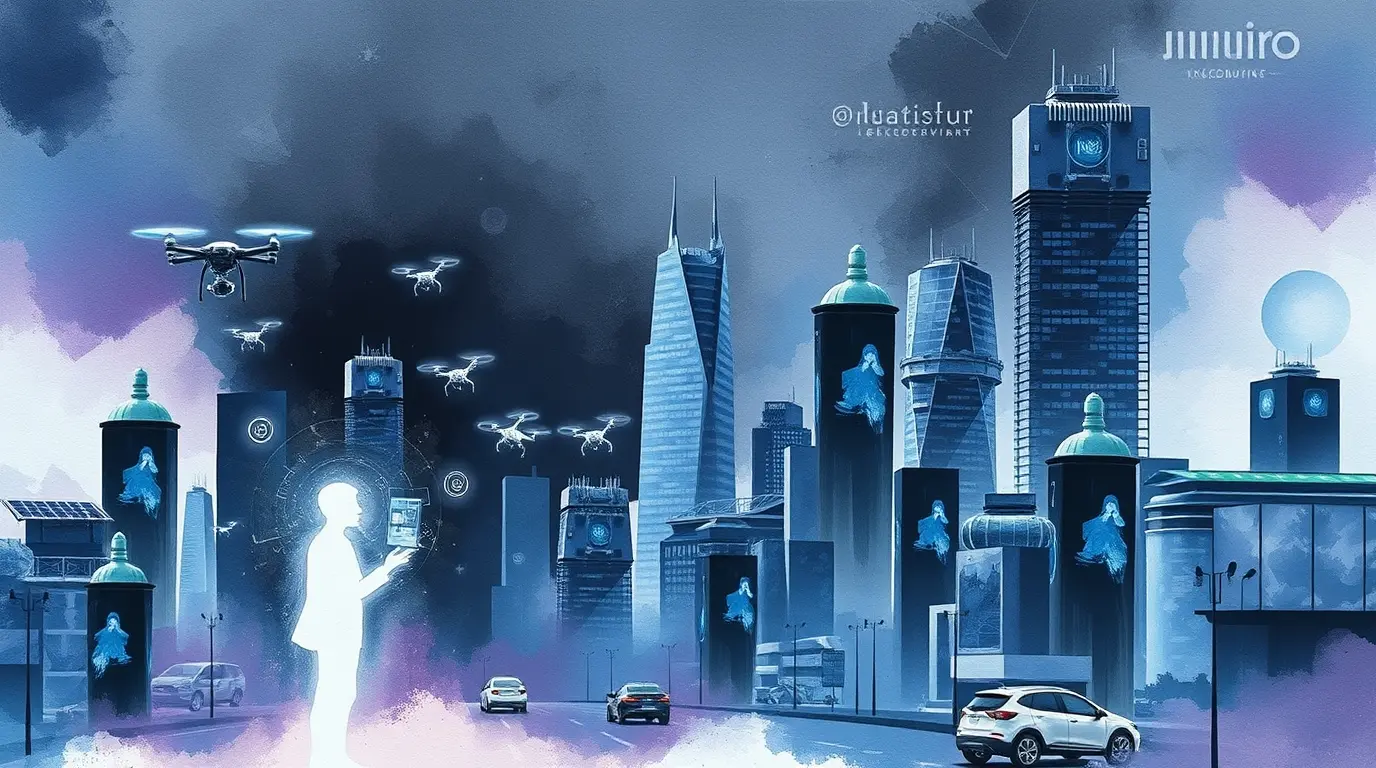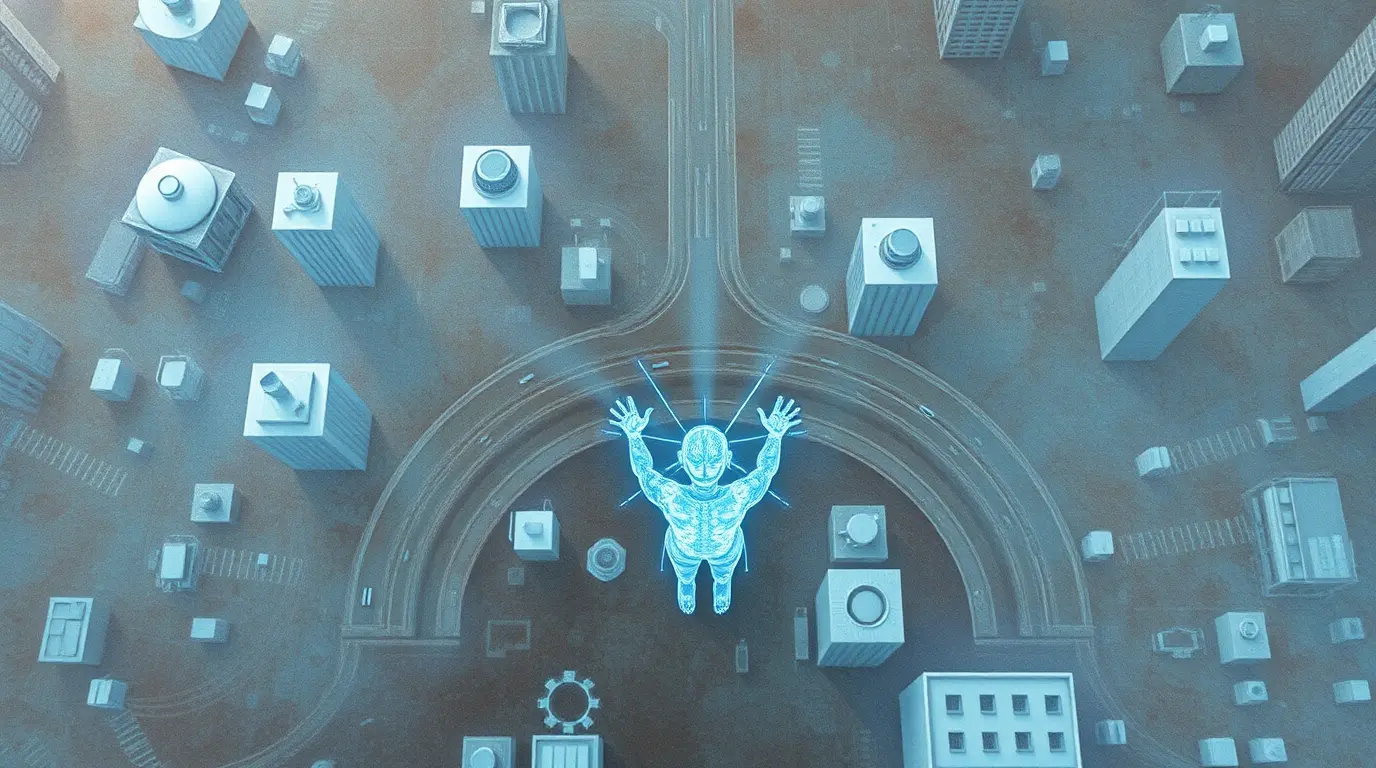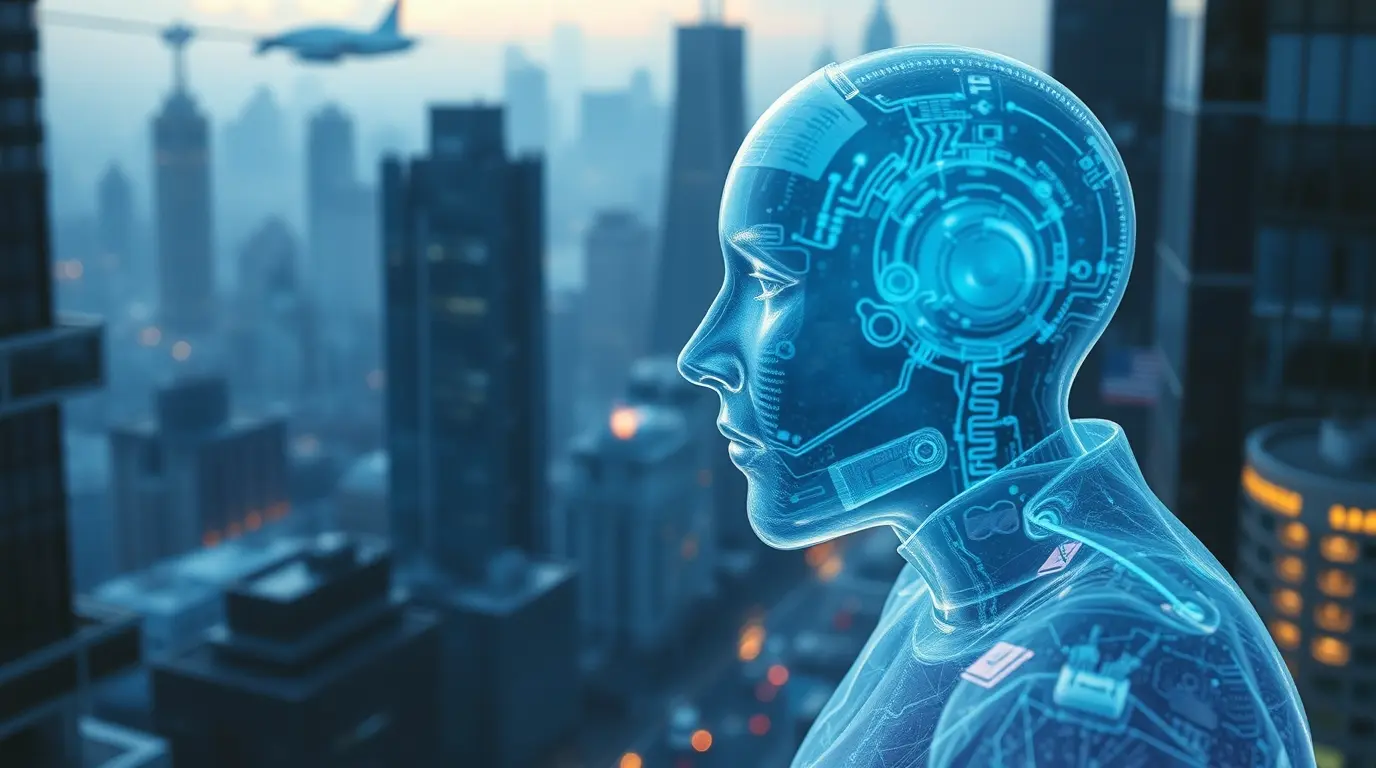Promising Tech Innovations to Watch in 2025:
1. Quantum Computing Breakthroughs
Quantum computing holds the potential to revolutionize how we solve complex problems, far beyond the capabilities of classical computers. In 2025, the advancements in quantum algorithms, error correction, and hardware could lead to practical quantum computers that outperform traditional systems in areas such as cryptography, material science, and drug development. This would allow industries to tackle problems that were previously unsolvable, such as simulating the behavior of molecules at an atomic level, which could significantly accelerate the development of new medicines or materials.
2. AI-Powered Personal Assistants
While AI assistants like Siri, Alexa, and Google Assistant have made their mark in homes and workplaces, in 2025, they will be even more integrated into our lives. These AI systems will evolve to offer advanced functionalities, such as predictive decision-making, real-time multitasking, and contextual learning. Imagine an assistant that not only schedules meetings but also analyzes your past behavior and optimizes your tasks based on health data, professional goals, and personal preferences. Enhanced NLP (Natural Language Processing) could make interactions more intuitive, allowing for deeper emotional understanding and more seamless communication.
3. 5G and Beyond
5G is already being rolled out globally, but by 2025, we’ll begin to experience the full potential of ultra-low latency and faster download speeds. This will enable innovations in fields like virtual reality (VR), augmented reality (AR), and autonomous vehicles. For example, self-driving cars will need a robust, real-time communication network to share data with other vehicles and infrastructure, reducing accidents and improving traffic flow. 5G-Advanced (or 5.5G) will push even further, improving data throughput and extending network capacity to meet the growing demands of IoT devices, including smart cities.
4. Electric and Autonomous Vehicles
The evolution of electric vehicles (EVs) and self-driving technology will be key in the years leading to 2025. Electric cars will continue to become more affordable, with increased range and faster charging times. Tesla, Rivian, and traditional automotive giants like Ford and GM will likely introduce mass-market EVs. Simultaneously, autonomous vehicles (AVs) will evolve, and by 2025, many regions may witness AVs navigating on public roads with minimal human intervention. Furthermore, advancements in AI and machine learning will ensure that autonomous vehicles can handle complex driving environments with better safety features and accuracy.
5. Extended Reality (XR)
Extended Reality (XR) combines Augmented Reality (AR), Virtual Reality (VR), and Mixed Reality (MR), and is poised to change the way we interact with technology. By 2025, XR could be integral to industries like education, healthcare, and entertainment. In education, students could explore virtual environments or historical events, while in healthcare, XR technologies will assist in training medical professionals, allowing for virtual surgeries or simulated medical procedures. In gaming and entertainment, immersive VR/AR worlds will take realism to the next level, enabling a more engaging and interactive user experience.
6. Biotechnology and Gene Editing
CRISPR, a technology that allows scientists to edit genes, could dramatically change the medical field by 2025. With further advancements, CRISPR could help treat or even cure genetic disorders like cystic fibrosis, sickle cell anemia, and Duchenne muscular dystrophy. Researchers may also be able to edit the genomes of crops, making them more resilient to climate change or diseases, thus contributing to global food security. Furthermore, gene therapies could allow for personalized medicine tailored to individual genetic profiles, leading to better outcomes in treatments.
7. Smart Homes and IoT Devices
In 2025, the Internet of Things (IoT) will connect almost every device in our homes. From refrigerators that monitor food supplies and suggest recipes, to smart mirrors that display your health data or track your workout, the possibilities are endless. These IoT devices will be powered by AI, which will enable them to learn your habits and preferences, enhancing convenience and energy efficiency. The integration of smart home technology will also help reduce energy consumption, making homes more sustainable and efficient.
8. Blockchain and Decentralized Finance
Blockchain technology, which underpins cryptocurrencies like Bitcoin, will have far-reaching implications beyond finance by 2025. The decentralized nature of blockchain makes it ideal for creating secure, transparent digital records across various sectors, from healthcare (for patient data management) to supply chain logistics (for ensuring product authenticity). Decentralized finance (DeFi) will continue to disrupt traditional financial systems, offering individuals more control over their financial assets without intermediaries, banks, or centralized authorities.
9. Neural Interfaces and Brain-Computer Interfaces (BCIs)
Neural interfaces, such as Brain-Computer Interfaces (BCIs), allow direct communication between the brain and machines, and they could significantly change medicine and daily life by 2025. BCIs could help treat neurological diseases, such as Alzheimer's and Parkinson's, by offering non-invasive ways to stimulate brain areas and restore lost functions. For instance, in cases of paralysis, BCIs may allow individuals to control prosthetics or even interact with computers purely through thought. Furthermore, BCIs could lead to the development of mind-controlled devices, creating entirely new ways to interact with the world.
10. Sustainable Tech Solutions
As climate change becomes an ever-growing concern, sustainability will be a key driver of technological innovation in 2025. Companies are focusing on creating eco-friendly solutions that reduce energy consumption, lower emissions, and promote a circular economy. Solar power and renewable energy technologies will become even more efficient and cost-effective. Smart grids and energy storage systems will optimize the use of renewable energy. Electric vehicle adoption will accelerate, supported by innovations in battery technologies that allow for faster charging and longer-lasting power. Green building materials and sustainable construction practices will also lead to the creation of more environmentally friendly urban spaces.
Conclusion:
The technologies emerging in 2025 promise to revolutionize nearly every aspect of our lives. From AI advancements to sustainable innovations, we are on the verge of experiencing transformative changes that could significantly improve the way we live, work, and interact with the world. As these technologies develop, they hold the potential to solve some of humanity's most pressing challenges, while also creating entirely new possibilities for growth, efficiency, and connectivity.




What Are the Most Promising Tech Innovations to Look Out for in 2025?